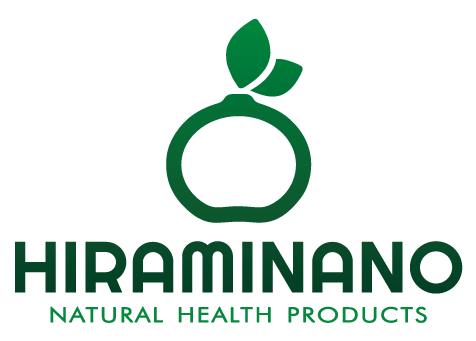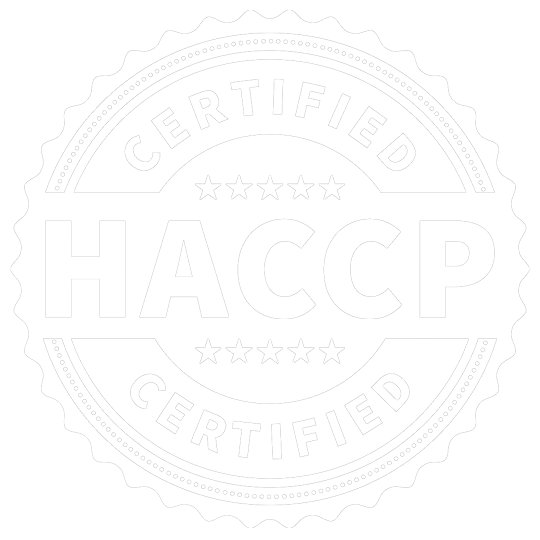The secret of longevity in the world’s longest-lived village
Ogimi Village in Okinawa, Japan is not only the longest-lived village in Japan, but also the longest-lived village in the world. With a population of only 3,387, one out of every 10 people in the village is over 85 years old, and there are 164 people who are over 95 years old, and there are 12 people who are over 100 years old!
The village has adopted the Hirami lemon as their village tree and flower, and the Hirami lemon is closely related to the eating habits of the residents, which is the secret of the longevity of Ogimi Village.
Healthy habits of One of the World’s Longest-Lived Villages on Early Deaths
In this book supervised by Kazuhiko Taira, a doctor of medicine and professor emeritus at the University of the Ryukyus, the first and second healthy habit of the Longevity Village is mentioned respectively:
Healthy Habit 1: Longevity villages consume three times the amount of yellow and green vegetables.
Healthy Habit 2: Hirami lemon and calcium to prevent bed-riddenness.
Low Carbon Diet + Hirami Lemon
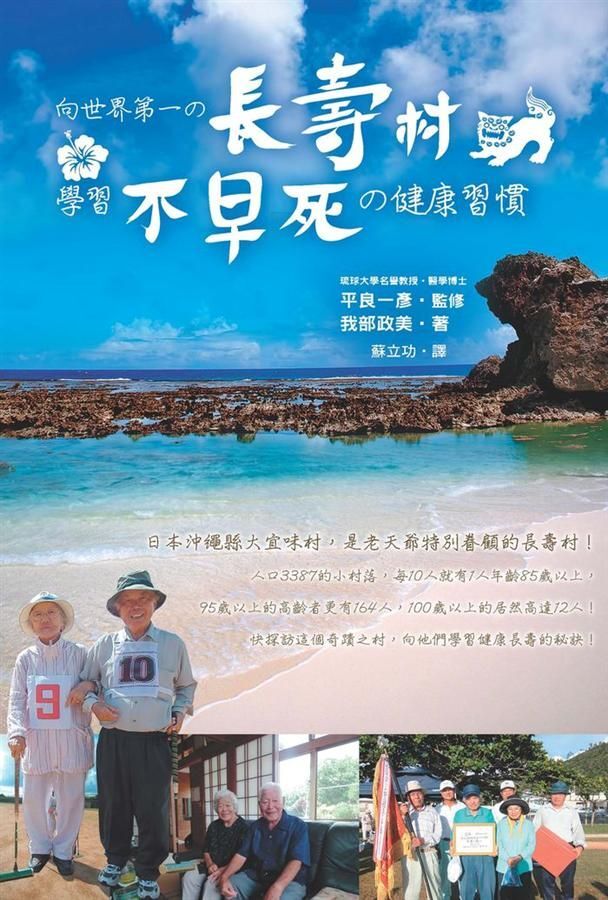
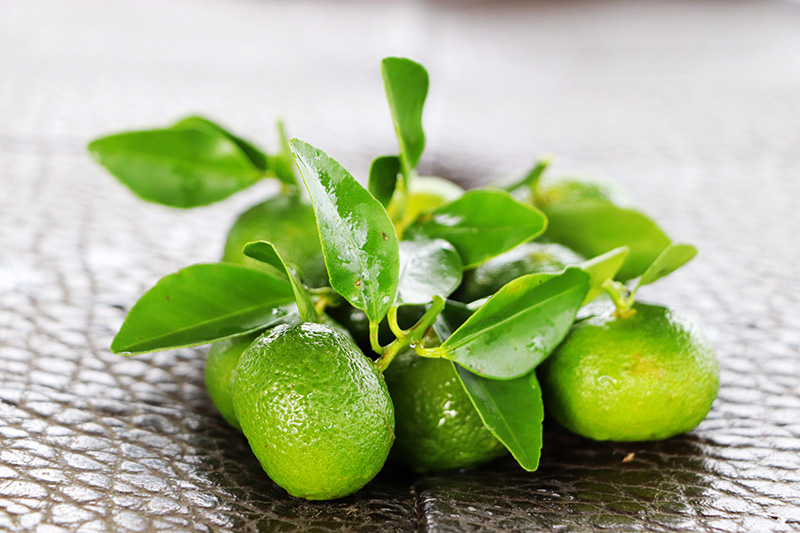
The Secret of Hirami Lemon
Citrus depressa, also known as the Hirami lemon, is a native species of citrus in Taiwan that grew wild in the early years and was not grown on a large scale as an economic crop. Hirami lemon was brought to Japan from Taiwan during World War II, and is known as Shikuwasha in Okinawa. Due to the longevity legend of Ogimi Village, it has attracted the attention and research of Japanese scholars. According to the research of Dr. Hiromichi Ota, a Japanese agricultural scientist, Hirami lemon is rich in flavonoids, including nobiletin, which is the highest in citrus crops.
The case of longevity villages and the research of agricultural experts have made the Japanese regard the Hirami lemon as a sacred product for health maintenance. However, the production in Japan is insufficient, so they have been coming to Taiwan to buy it for many years, which have made Taiwanese farmers realize that they are sitting on the “green gold” without having realized it, and gradually they begin to plant it in a planned manner.
Compare Hirami Lemon with Other Foods
Although both Taiwan and Japan have Hirami lemons, Taiwan’s native Hirami lemon contains much more nobiletin, hesperidin, and tangeretin than the transplanted Japanese Hirami lemon.
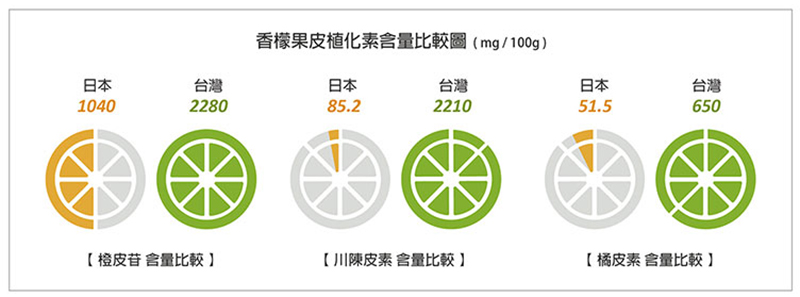
The above data were obtained from the following sources:
- Nogata Y, Sakamoto K, Shiratsuchi H, Ishii T, Yano M and Ohta H, Flavonoid Composition of Fruit Tissues of Citrus Species. Biochemistry 70, 178-192 (2006).
- Tsai, B.C., Lai, H.L., Compositional analysis, antioxidant and nitric oxide inhibitory activities of the pericarp of Citrus aurantium in Taiwan. Crop, Environmental and Biological Information, 9:1, pp. 41-56 (2012).
Relieve tension and depression
Wang Sheng-Yang, a tenured professor of forestry at Taiwan’s Chung Hsing University, found that the ingredients contained in Hirami lemons help to regulate the central nervous system, relieving tension and depression, and he suggested that people should drink a glass of Hirami lemon juice every day to take care of their health.
The research results have been published in Food and Function, an academic journal published by the Royal Society of Chemistry.

Hiraminano makes health easier
Even if you keep your Hirami lemons in the refrigerator, they will go bad after a long time, and if you don’t use the squeezed juice right away, it will go bad very quickly. It’s really difficult to enjoy the nutritional benefits of Hirami lemons anytime, anywhere!
Hiraminano realizes the problem of everyone, so we make the enzyme from the whole flat lemon, including the skin and the seeds. Enzyme contains more nutrients (polyphenols, SOD, nobiletin, hesperidin, tangeretin ……) than fruit juice, and Hiraminano has the patented technology of sugar-free fermentation, unlike the general products that are fermented with sugar, which brings too much sugar. The enzyme will not go bad even after a few years at room temperature, so you can drink it anytime you want without the hassle of preserving fruits and juices.
Hiraminano has also patented another manufacturing process, fermenting Hirami lemons before making lozenge and making them into portable mouth lozenges, so that you can take a lozenge anytime, whether you are at work or out and about, and make your health simpler.
